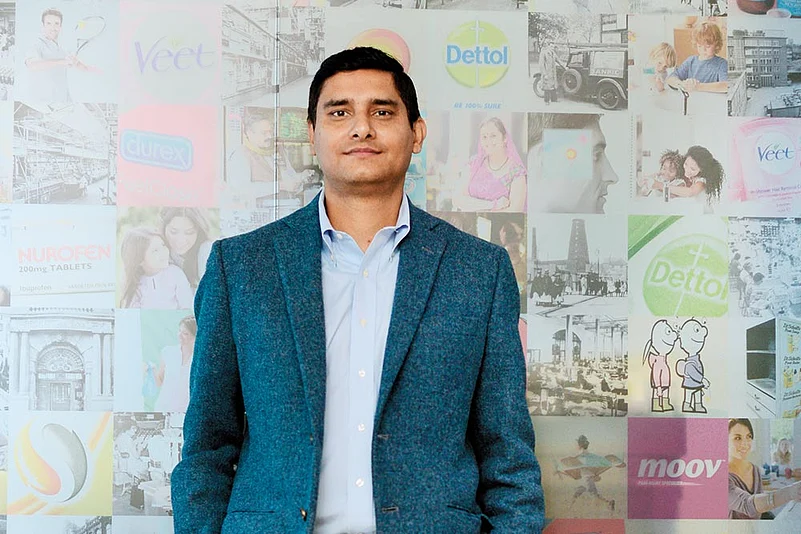Kids learn from their elders. But the beauty of life is that the latter too can learn a lot from children. This is one of the most profound lessons I have learnt in my professional interactions with teenagers, and even those younger than that. For decades, in various capacities and organizations, I worked with them. It changed me as a person and as a professional, as a parent and as a senior to my colleagues, and I was coached by seniors at my Alma Mata — RB . It changed the way I worked, the way I looked at issues around me, both in offices and at home, the manner in which I thought and felt. This is a summary of my emotional and philosophical journey.
For more than a year, on weekends when I don’t have to go to work , I have a personal agenda of nation building to pursue. On Friday evenings, I go biking (motorcycling) to schools in far-flung villages and towns, and interact with the students. The idea is to teach them the basics of health and hygiene, as well as to inculcate a long-lasting habit of hand-wash, which can counter 100 diseases, including the killer ones like diarrhoea. More than a corporate mission, I see it as an individual statement, a small move to improve the society and nation. It is my minor contribution to the national endeavor to contribute to pre primary care.
This year, I raised £35,000 on my own to motorcycle to the schools in eight states in the country. Until now, I have clocked 40,000 km, and visited 2,000 schools. I intend to do this for the next two decades, and hope to cover 5,00,000 km, not to set any record, but to make sure that I use my spare time to improve the lives of some children. My family may not be happy, as I keep away from them over the weekends, but I hope that they incorporate this core philosophy, or some elements of it. If some students can adopt the hand-wash habit, if my children can pass on the information of the benefits, as I did, to others, it will be worth it.
My tryst with kids began years ago, when I worked with those who suffered from HIV-AIDS. These were kids who were poor, and couldn’t afford the expensive medicines in those days. I personally, as was within my means, funded medicines and other help for the children. Then I joined the CHAI, and worked in areas that were plagued by diarrhoea. One of the major reasons that so many children die from this disease is because of the lack of the habit of regular hand-wash. I noticed the huge gaps between what the people needed, and what they got. Going to the hospital was the last resort for them, when everything else had failed.
During those days, I had the fortune to interact with the leadership of Reckitt Benckiser. I was impressed, not just by the organizational vision and mission, but also by the desire of the individuals to change the society in whatever ways they could. There was a personal drive that was evident. There was a concern, a personalized mindset that made them do things differently, think differently. I joined the company, and thus began another leg in my continuous journey with the rural and poor children.
Over the years, and especially during my stint in Reckitt Benckiser, I noticed several transformations, both as an individual, and as a professional. Both in office and at home, I realized I had more patience. I could listen to the others, and appreciate their views, opinions, and apprehensions. This is exactly how you deal with children. You need to understand them, and then act or react. You cannot impose your views on them. Kids are sensitive, pliable, and impressionable. They need elders with sensitivity to deal with them. You cannot out-shout a child, and hope that things will be fine.

More importantly, I figured out the importance of giving a second chance, possibly a third chance, to people. Children trip, get up and run, and trip again. They need a bit of hand-holding. The same is true for elders. At office, instead of getting angry, I would be comfortable in letting a colleague learn from his or her mistakes. The same was true when I dealt with family members. It is a huge release, and stress-buster — this ability to let go, this trait to forgive and forget.
I hope that I do forgive, but don’t forget the crucial lessons that I have learnt over the past few decades. I wish that my learning continues, unabated, even as I continue to contribute my bit to the society.
Also Read

Gaurav Jain, CEO, RB: The Zeal To Heal

Pankaj Duhan, Marketing Director, RB: Moms Care


























